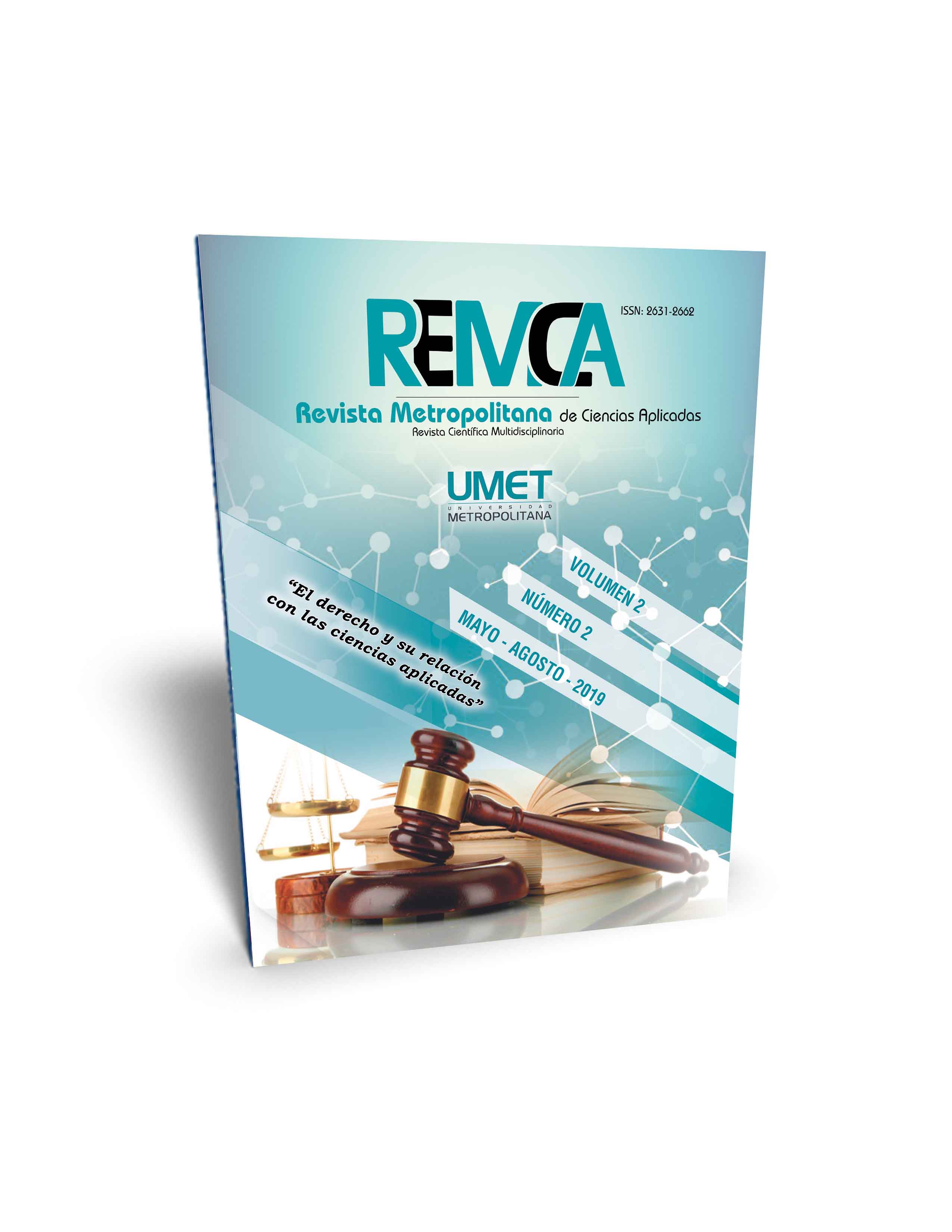Educational practices in physical education, reflections and experiences in the field of the basic education curriculum in Mexico
DOI:
https://doi.org/10.62452/v5k6v930Keywords:
Educational practices, teaching practice, Physical EducationAbstract
The following article breaks down different factors that condition a teacher to perform their educational practice and thereby allow him to remain a key element in the development of society needs various skills and knowledge. In this teacher training you discover the importance of the experiences and the socialization of the concepts and how they are of great influence within the hidden curriculum and how you should break the educational traditions that limit you, allowing you to build the implicit theory cited by Rodrigo, Rodríguez and Marrero. It will also address the importance of the different knowledge that is acquired during teacher training, the various tasks that a physical education teacher must perform within their educational practice and the factors to be taken into account in their teaching practice in the basic school. make the most of the limited time that is given to perform the educational work
Downloads
References
Altet, E. (2005). La competencia del maestro profesional o la importancia de saber analizar las prácticas. En, L. Paquay, M. Altet, E. Charlier, P. Perrenoud, La formación profesional del maestro. Estrategias y competencias. (pp. 22-54). México: FCE.
Carr, W., & Kemmis, S. (1989). Teoría crítica de la enseñanza: la investigación en la formación del profesorado. Barcelona: Martínez Roca.
Carter, K. (1990). Teachers´ knowledge and learning to teach. En, W. R. Houston, Handbook on teacher education. (pp. 291-310). New York: Mcmillan
Connelly, F.M., & Clandinin, D. J. (1984). El método narrativo, la filosofía personal y las unidades narrativas en el estudio del enseñante. En, C. Marcelo, El pensamiento del profesor. (pp. 32-48). Barcelona: CEAC.
Di Franco, M. G. (2009). La formación docente en la Universidad Nacional de La Pampa Argentina. Praxis Educativa, 13(13), 7-8. Recuperado de http://170.210.120.129/index.php/praxis/article/view/1034/1324
Gómez-López, L. F. (2008). Los determinantes de la práctica educativa. Universidades UDUAL, 38, 29-39. Recuperado de http://www.redalyc.org/html/373/37303804/index.html
Grossman, P. (1990). The making of a teacher: teacher knowledge and teacher education. Nueva York: Teachers College Press.
Imbernón, F. (2001). La profesión docente ante los desafíos del presente y del futuro. Barcelona: Universidad de Barcelona
Litwin, E. (2000). Las Configuraciones Didácticas. Una nueva agenda para la Enseñanza Superior. Buenos Aires: Paidós.
MacIntyre, A. (1984). After virtue. Notre Dame: University of Notre Dame Press.
Marentic-Pozarnik, B. (1999). Green to Red Tomatoes or: is there a Shortcut in Changing College Teachers’ Conceptions of Teaching and Learning? Higher education in Europe, 23(3), 331-338.
Medina, A. (1990). Formación de Formadores y empleo del ordenador en la enseñanza. Madrid: Fondo Social Europeo, UNED.
Oliva, F., & Henson, T. (1980). ¿Cuáles son las competencias genéricas esenciales de la enseñanza?”. En, J., Gimeno Sacristán y A., Pérez Gómez, La enseñanza. Su teoría y su práctica. (356-363). Madrid. Akal.
Olson, J. (1992). Understanding teaching. Philadelphia: Open University Press
Pajares, M. (1992). Teachers´ beliefs and educational research: Cleaning up a messy construct. Review of Educational Research, 62(3), 1-35. Recuperado de https://journals.sagepub.com/doi/abs/10.3102/00346543062003307
Pérez Gómez, Á. I. (1988). ¿Competencias o pensamiento práctico? La construcción de los significados de representación y de acción. En, J., Gimeno Sacristán y A., Pérez Gómez, La enseñanza. Su teoría y su práctica. 59-102). Madrid. Akal.
Perrenoud, P. (2004). Desarrollar la práctica reflexiva en el oficio de enseñar. Barcelona: Graó.
Richardson, V. (1996). The role of attitudes and beliefs in learning to teach. En , J. Sikula, Handbook of research on teacher education. (pp. 102-119). New York: Mcmillan.
Shulman, L. (1989). Paradigmas y programas de investigación en el estudio de la enseñanza: una perspectiva contemporánea. En, M. Wittrock, La investigación de la enseñanza, I. Barcelona: Paidós.
Taylor S. J., & Bogdan, R. (1987). Introducción a los métodos cualitativos. Barcelona: Paidós.
Downloads
Published
Issue
Section
License
Copyright (c) 2019 Raúl Hideroa García, Maritza Librada Cáceres Mesa (Autor/a)

This work is licensed under a Creative Commons Attribution-NonCommercial-ShareAlike 4.0 International License.
Authors who publish in Revista Metropolitana de Ciencias Aplicadas (REMCA), agree to the following terms:
1. Copyright
Authors retain unrestricted copyright to their work. Authors grant the journal the right of first publication. To this end, they assign the journal non-exclusive exploitation rights (reproduction, distribution, public communication, and transformation). Authors may enter into additional agreements for the non-exclusive distribution of the version of the work published in the journal, provided that acknowledgment of its initial publication in this journal is given.
© The authors.
2. License
The articles are published in the journal under the Creative Commons Attribution-NonCommercial-ShareAlike 4.0 International License (CC BY-NC-SA 4.0). The terms can be found at: https://creativecommons.org/licenses/by-nc-sa/4.0/deed.en
This license allows:
- Sharing: Copying and redistributing the material in any medium or format.
- Adapting: Remixing, transforming, and building upon the material.
Under the following terms:
- Attribution: You must give appropriate credit, provide a link to the license, and indicate if any changes were made. You may do this in any reasonable manner, but not in any way that suggests the licensor endorses or sponsors your use.
- NonCommercial: You may not use the material for commercial purposes.
- ShareAlike: If you remix, transform, or build upon the material, you must distribute your creation under the same license as the original work.
There are no additional restrictions. You may not apply legal terms or technological measures that legally restrict others from doing anything the license permits.




